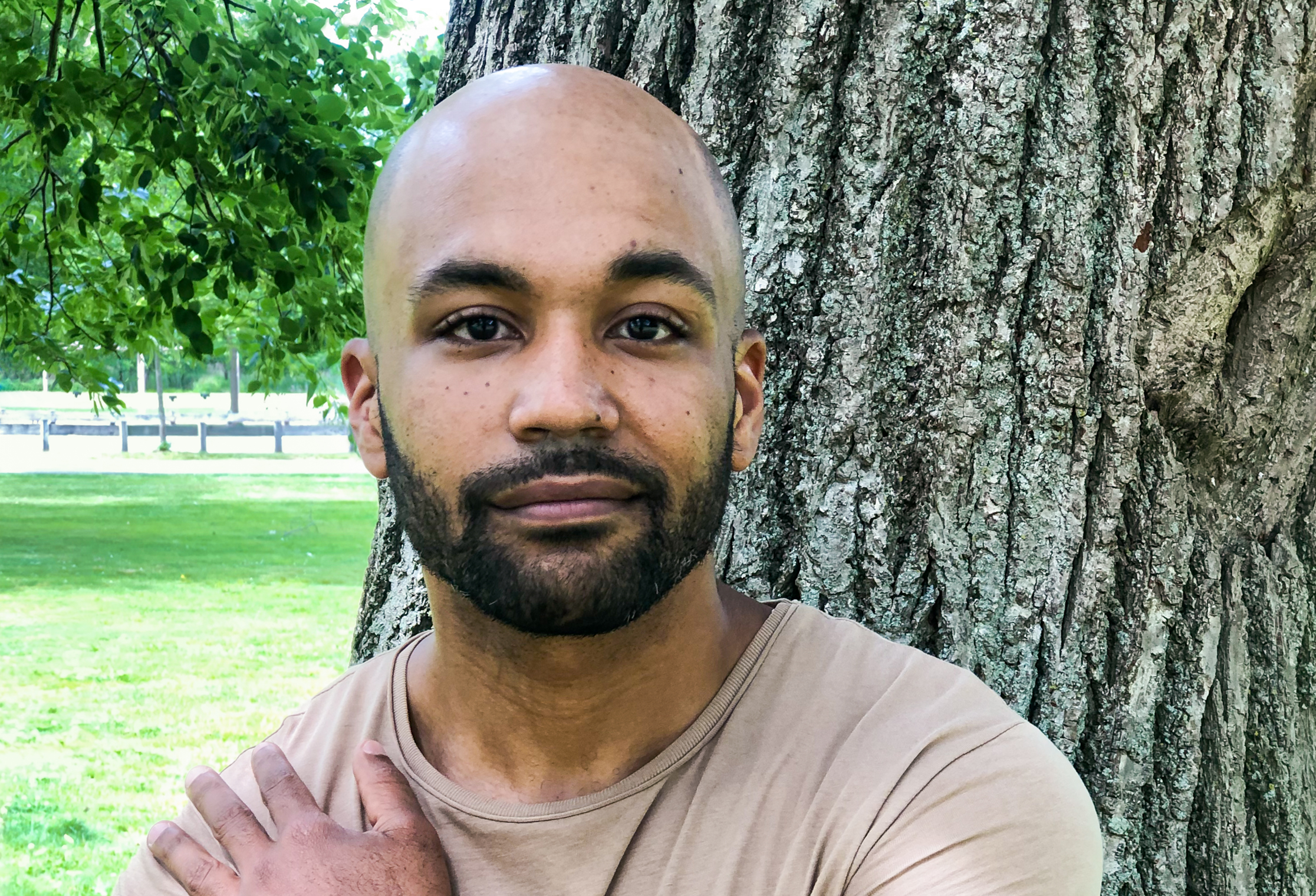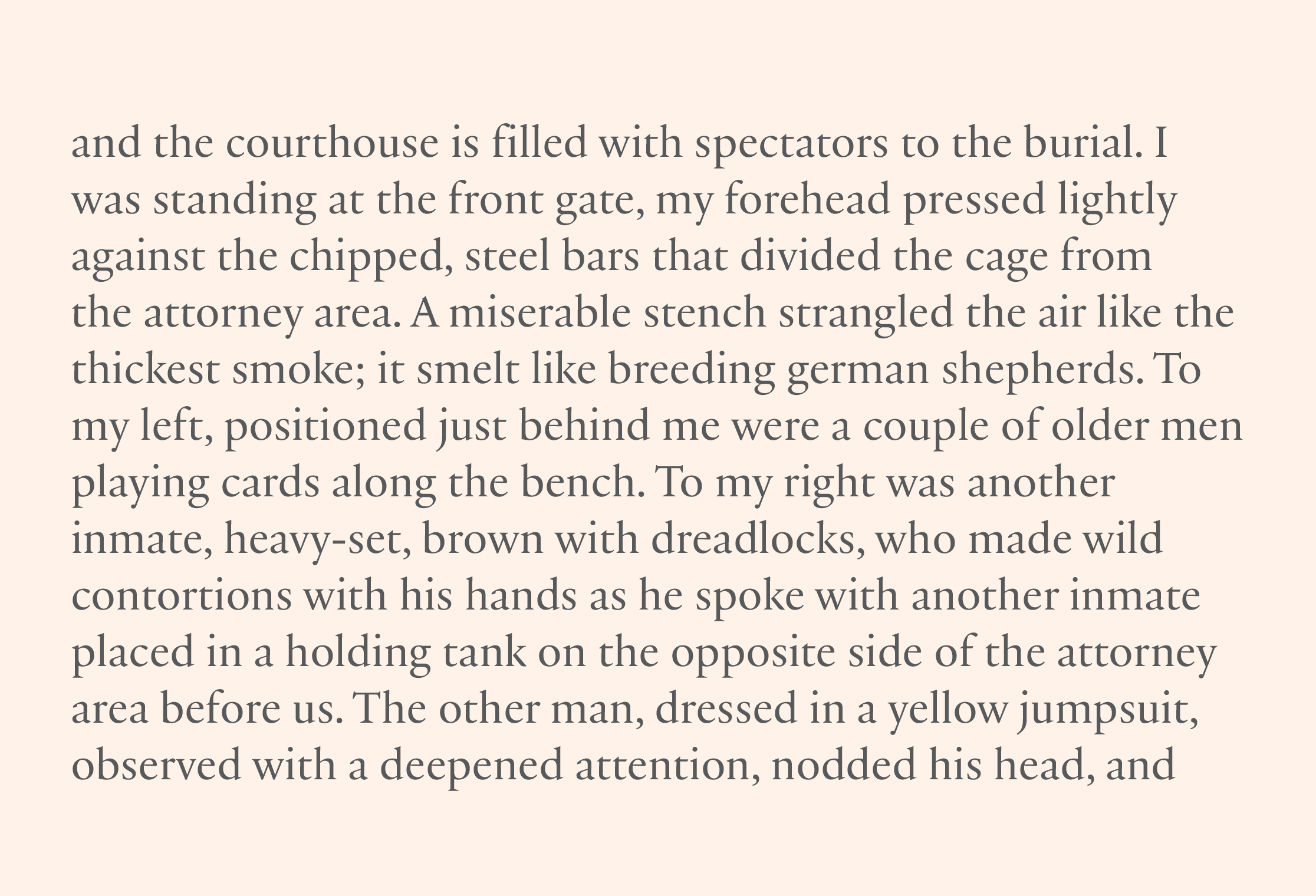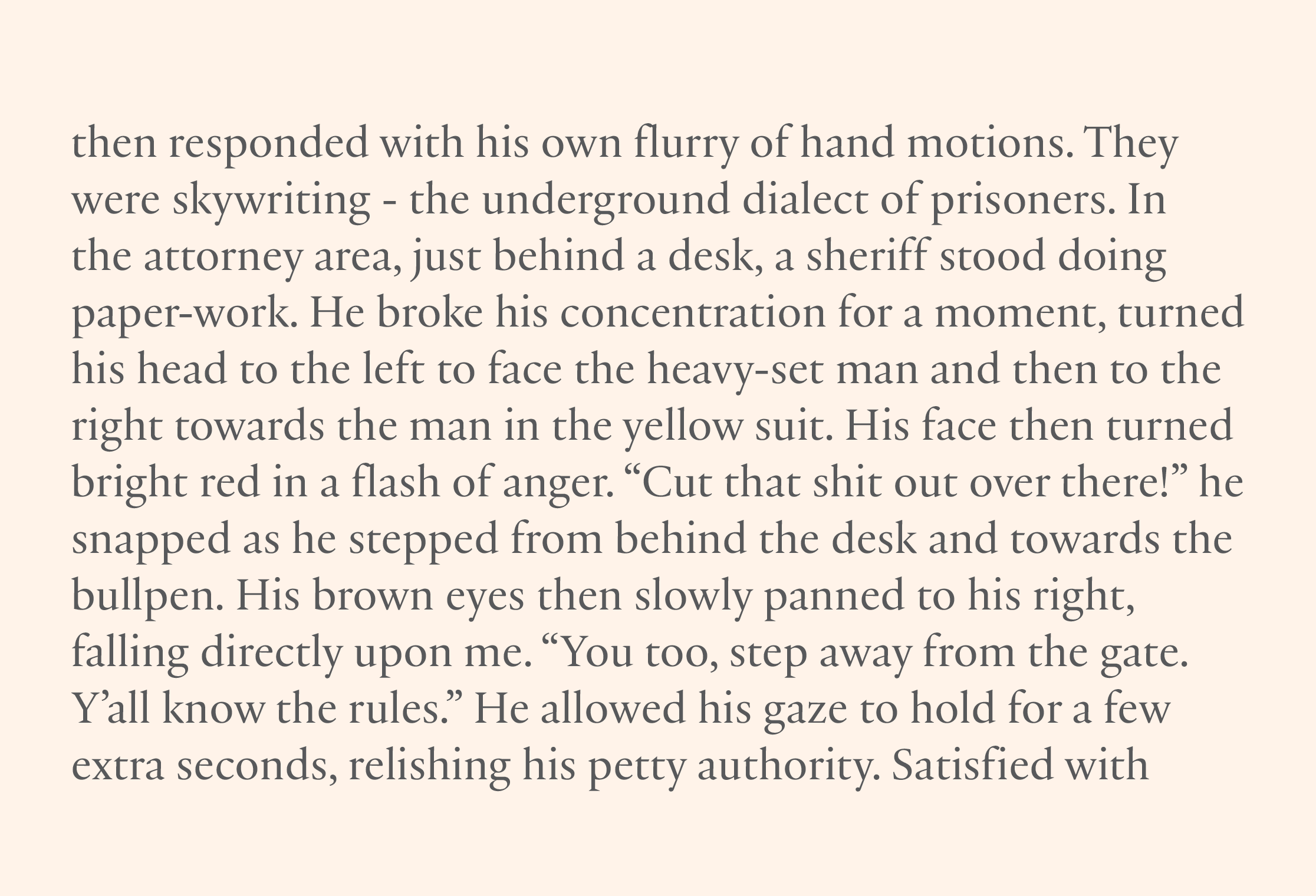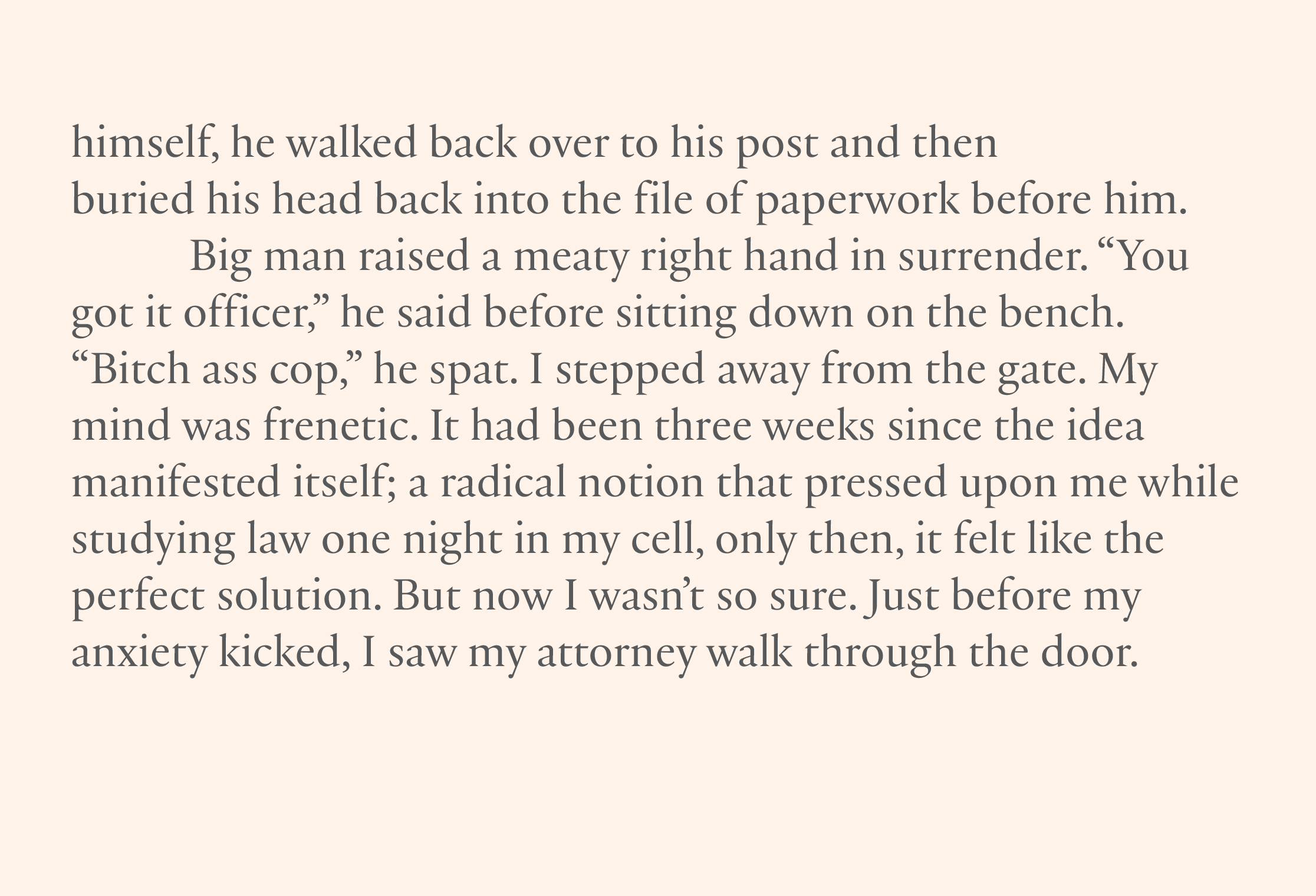Aron Pines is a memoirist and a prison reform advocate who champions self-determined methods of carceral liberation.
Pines’ work is a dynamic query that inquires after the mental and emotional wounds that the criminal legal system leaves on the people forced into it. Incarcerated as a juvenile for felony-murder, and ultimately tried as an adult, Pines would later represent himself at trial and be acquitted of the charges levied against him.
His memoir, The Miseducation of Icarus, is currently in progress. He was recently published as a co-author in the Fordham Law Review, forwarding the concept of subversive lawyering: a concept that would allow advocates from non-traditional legal backgrounds to shape and modify the justice system.




